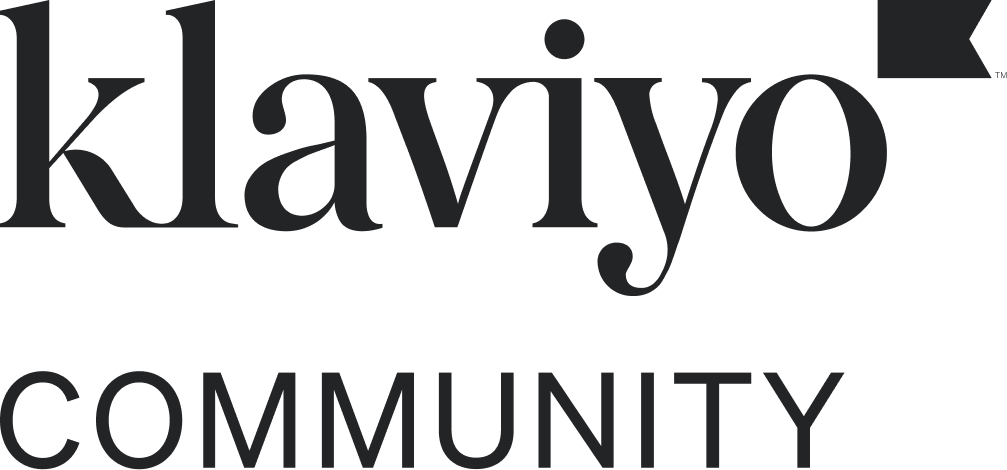Dear Klaviyo Community,
We have a custom site developed using Laravel & Vue.
Our site works like a service reservation site wherein guest users are allowed to make transaction. But upon putting all the codes and following the contents from the API documents we are still getting issues on the above subject for guest users but if we try a transaction for a logged-in user the thing works.
Are we missing something or is Klaviyo codes is designed for logged-in users only?
We appreciate any response or help that may clarify the above subject.
Thank you in advance.
You must identify a user by email or ID Error (Need Help..)
 +2
+2Best answer by julie.accardo
Hi
Thanks for reaching out in the Community!
If you are using email address as the unique identifier within your account, which is the recommended setup, then you will need to ensure that the email address is being passed with the triggering event. Is there a reason why you are not passing this information even for a guest checkout? I would assume that you’d be collecting email address at some point in the guest reservation for transactional communication (i.e. reservation confirmation).
Also, it would be helpful to have more detail around the specific event that you are trying to trigger and the API calls that you’re making.
Best,
Julie
Reply
Enter your E-mail address. We'll send you an e-mail with instructions to reset your password.



![[Academy] Deliverability Certificate Forum|alt.badge.img](https://uploads-us-west-2.insided.com/klaviyo-en/attachment/505f2253-cde5-4365-98fd-9d894328b3e0_thumb.png)